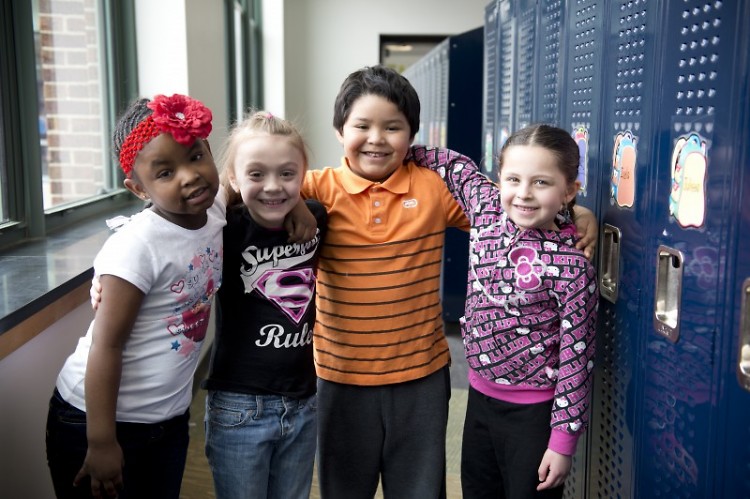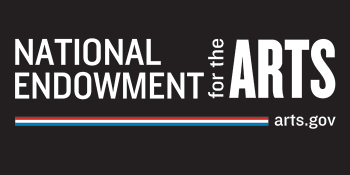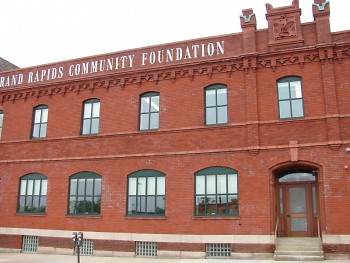Not quite since our founding, but for the last few decades, Grand Rapids Community Foundation (GRCF) has been working on helping our community be more diverse and racially equitable. Our grantmaking has long been focused on helping underserved and/or diverse populations. But, only in the last few years have we realized that inclusion is the key to making real change in our community.
Diversity is being invited to the party; inclusion is being asked to dance.
Most everyone knows what it feels like to not be included: to not be chosen for the team or feeling out of place within a group. It’s hard to imagine not feeling part of a community where you live—but it happens—more often than we want to believe. People in the LGBT community share stories about being yelled at and humiliated by strangers passing on the street or in cars. African-Americans tell us about feeling unwelcome in restaurants and stores in our community.
Inclusion happens when we invite individuals to embrace their uniqueness and create spaces for everyone to belong. Some of our uniqueness we are born with—race and ethnicity, sexual orientation or gender. Other aspects are choices we’ve adopted like wearing dreadlocks, attending a temple or a church or being vegan. Regardless of how we come by our differences, we need to learn to be respectful of all individuals.
The issue of inclusion is big and wide ranging, and ending the isms—sexism, racism, ageism— that plague society is a tall order. There are a few things we can do as individuals to make our community a more inclusive place. The first is to end bystander apathy. That means speaking out when you see that someone is being ignored, subtly belittled or otherwise not included.
A few years ago, Sonya Hughes from the Grand Rapids Area Chamber of Commerce spoke to Community Foundation staff about micro-inequities: small but important moments when someone isn’t included or is put down for being different. Micro-inequities may not be as obvious as being yelled at from a car, but are just as significant. MIT professor Dr. Mary Rowe describes them as “apparently small events which are often ephemeral and hard-to-prove, events which are covert, often unintentional, frequently unrecognized by the perpetrator, which occur wherever people are perceived to be different."
Because micro-inequities can so easily slip past unrecognized, as people who want a better community and more inclusive place, it is our duty to speak up. As Monica Lewinsky said in her recent TED talk, we have to be an upstander, a person “who stands up for something, as contrasted to a bystander who remains inactive.”
It is an uncomfortable place to go and being an upstander isn’t easy—for the person speaking out and for the person being confronted. But it is essential if we want to bring inclusiveness to our community. The phrase Sonya Hughes suggested is: Tell me more about that. When someone uses a phrase that is meant to exclude or makes an intentional swipe at someone based on race, gender, age, ethnicity, religion or intelligence, test out Tell me more about that. It causes people to stop, think about their words and consider the effect on who they’re speaking to.
Speaking up is one small step toward being more inclusive and working toward a more equitable community.
The Rapidian, a program of the 501(c)3 nonprofit Community Media Center, relies on the community’s support to help cover the cost of training reporters and publishing content.
We need your help.
If each of our readers and content creators who values this community platform help support its creation and maintenance, The Rapidian can continue to educate and facilitate a conversation around issues for years to come.
Please support The Rapidian and make a contribution today.



